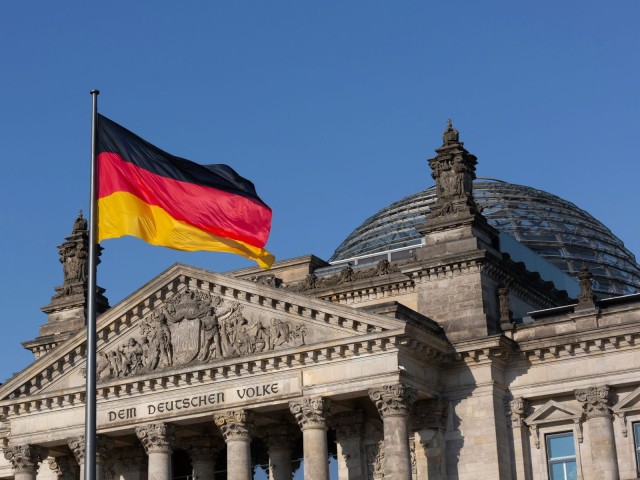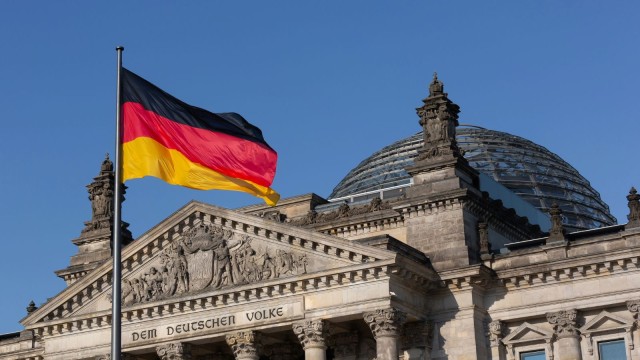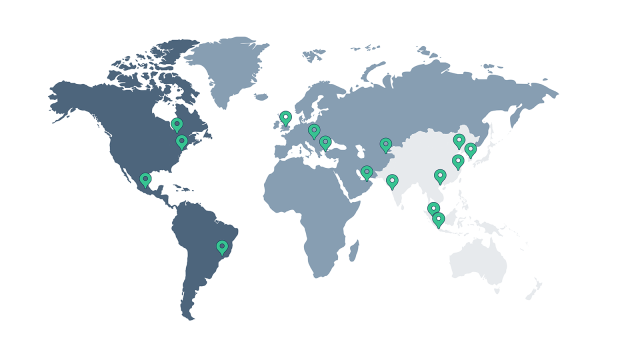October 31, 2024
Germany’s brakes on growth: the full picture
Germany's economic weakness is the expression of fundamental structural changes.


In Brief:
- Germany's economic weakness is the expression of fundamental structural changes.
- External influences such as deglobalization, but also a variety of homemade issues, impose a burden on the economy.
- While Germany can only mitigate exogenous factors, it must quickly tackle shortcomings such as excessive bureaucracy or the considerable investment backlog in infrastructure and education.
- Deglobalization is currently the biggest challenge for the German economy. Going forward, adverse demographics will increasingly undermine economic prospects.
- The race to catch up will be long and take more than the duration of one parliament.
"Is Germany the sick man of Europe again?" At the latest since this headline in the British Economist in August 2023, word has spread internationally that the German economic situation is not just a temporary phase of weakness. Rather, it is a fundamental problem that will not go away on its own. Some German economists have warned for years about these structural problems, but were largely ignored until the economic crisis worsened.
The fear that Germany is suffering from sustained economic weakness has solidified in the past quarters. The German economy has been hovering around the zero growth line for two years now. There is no shortage of hypotheses as for the reasons: There is a lot of talk about the urgent need to prune back excessive bureaucracy. About the fact that the era of seemingly effortless export growth is over. That the shortage of skilled workers due to the country’s demographic decline is beginning to bite and that immigration urgently needs to compensate for the increasing decline in the domestic workforce. And everyone can relate experiences from their daily lives with the country's increasingly dilapidated infrastructure - be it from interrupted mobile phone connections or the perennially delayed trains or a frustrating visit to the residents' registration office. Not to mention the - extensive and costly –investment needs resulting from the transformation of the economy and the occurring disruptive changes.
But although all this is well known, Germany is apparently finding it difficult to escape its economic torpor. What are the reasons for this paralysis? How worrisome is the situation really? Are there battles that can be won quickly and that need to be tackled swiftly? And where do prevailing attitudes in German society perhaps stand in the way of progress? In this study we put the spotlight light on the topic of economic stagnation from various perspectives and put it also in an international comparative context. We aim to steer the public discussion towards a more rational and less political-emotional path, analyzing Germany’s economic doldrums through the prism of the macroeconomic production function approach.
Download complete study as PDF






